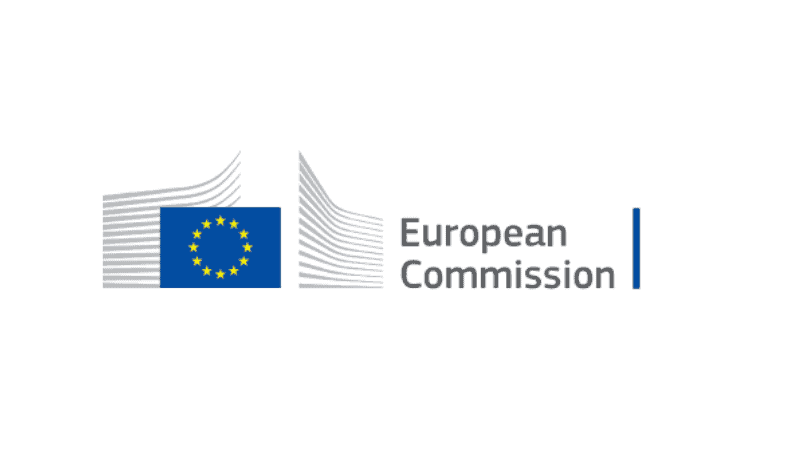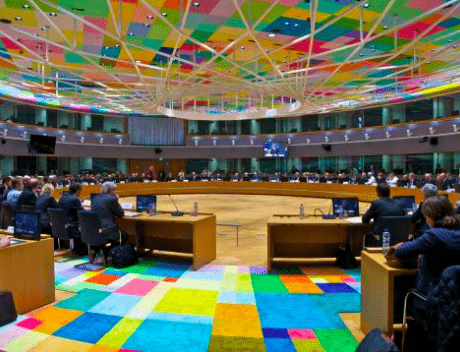Anti-Semitism is the radicalisation of racism
The European Jewish Association (EJA) kicked off a new annual conference on Monday, this time in Porto, Portugal, as part of the 75th anniversary of Israel’s independence and the centenary of the Portuguese city’s Jewish community. Security, the fight against anti-Semitism and the dissemination of Jewish life gained momentum in the face of a worrying rise in hate speech, prejudice and misinformation.
In the face of rising anti-Semitism and hate speech, leaders of Europe’s Jewish communities are preparing to take the discussion to the European Parliament in Brussels.
While the civilian population in Israel was under attack and acts of terrorist violence were increasing on national territory, in Barcelona the Maimonides synagogue was vandalised with a macabre inscription: Free Palestine from the river to the sea. The rising tide of violence against Jews is even worse in northern countries such as the Netherlands, Belgium and Germany.
Alarmed also by the words of the representative of the European Commission, Margaritis Schinas, the Jewish community is preparing to fight on all fronts against anti-Zionism and anti-Semitism, which are two sides of the same coin, as Rabbi Binyomin Jacobs has bluntly summed up: “never will an anti-Semite love Israel”.

The importance of the definition of anti-Semitism
One of the most worrying points has been the increase in aggressive content against Israel and the Jewish community on social media, something that is growing exponentially amidst the spread of misinformation and stereotypes. On this point, representatives of the Jewish university community in France and the Fighting Online Antisemitism (OFA) agree.
It is not anachronistic to speak of anti-Semitism, quite the contrary. As the most radical expression of racism, European governments must broaden their perspective on the premise that we do not live in a world surrounded by islands, but in a world where the problems of the Middle East and the enemies Israel fights against will also impact, sooner rather than later, on European countries. Under anti-Zionism a further radicalisation of racism is achieved and also includes non-Jews who defend Israel.
Pretending to inform with disinformation and hoaxes
Technological evolution has made it possible to broaden voices and sources, but it has also taken away the rigour and reliability of information sources, which are often self-interested cuttings of a reality. In this sense, social networks have become a hotbed of conspiracy theories represented in multimedia content, such as images or videos, which point to the Jews as responsible for all evils. If social media had existed in 1929 during the Hebron pogrom, it would probably have immortalised many comments that would be little different from the comments made by an anti-Semite in the year 2023. There might be different words or spellings, but the content would be the same.

Anti-Semitism on the rise and Jewish communities prepare to take the discussion to the European Parliament
During the pandemic of 2020, conspiracy theories also turned to pointing the finger at Jews as having been responsible for the spread of the virus. At the same time, many European media picked up the false information that Israel was preventing the vaccination of Palestinians. Again, anti-Semitism and anti-Zionism were shown as equals.
It is also the networks where Palestinian groups, via Telegram, spread videos where they teach how to prepare homemade explosives as if it were a cooking show. We cannot leave aside the thousands of accounts on Twitter, Facebook and Instagram that spread false content, stirring up prejudice or calling for the exclusion of Jewish communities.
Personally, I am grateful for the EJA’s invitation to these days in Porto, a city that is home to a thriving Jewish community that is preparing in a forceful way. However, there is a wake-up call also for non-Jews who believe not only in Israel’s right to exist, something so obvious and yet so little understood, but also for those of us who know the danger of the enemies who seek to destroy Israel.
I doubt that many of those who choose to be anti-Semites out of ignorance rather than vocation imagine what would be involved if Europe became the backyard of the Islamic Republic of Iran and the Jihad that threatens the entire world.
















